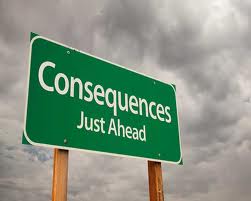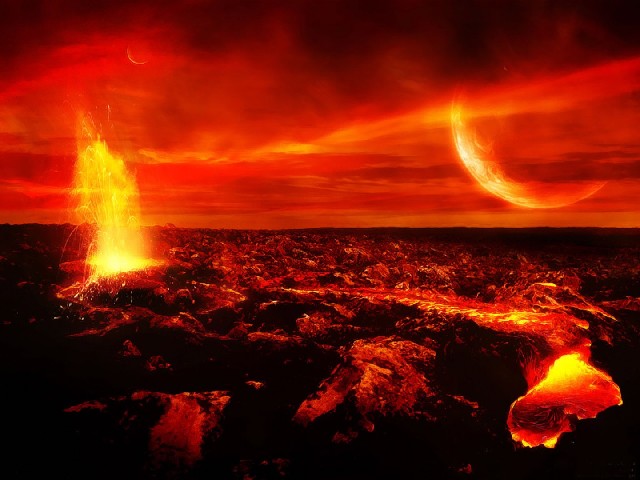Question
Dear Gramps,
A non LDS Christian recently confronted me (LDS member) with the judgement scene in Revelation (last book in the Bible) and said that it clearly speaks about good Christians going to heaven and the rest going to hell. There’s no concept mentioned about bad people receiving a telestial glory etc. His point is that new revelations, if true, could add to but should not contradict this heaven/hell teaching from the bible. Any thoughts?
Andre
Answer
Andre,
This is one of the points of contention between protestant Christianity and the LDS church that will likely never be settled in this life. The good news is there is a very simple and clear answer. The trick is getting some people to hear us out. The best part is that our belief in the three degrees of glory is best explained from biblical scripture. This goes a long way toward helping non-LDS Christians understand just how important the Bible is to us, and how much we treasure it.
Let me start by quoting Jesus himself from the gospel of John 14:1-3:
1 Let not your heart be troubled: ye believe in God, believe also in me.
2 In my Father’s house are many mansions: if it were not so, I would have told you. I go to prepare a place for you.
3 And if I go and prepare a place for you, I will come again, and receive you unto myself; that where I am, there ye may be also.
Here we are for the first time in biblical scripture being introduced to the idea that heaven is not just a single giant area for everyone to hang out. Christ says specifically there are many mansions, and that he intended to prepare them for us.
The next quote is from Paul, who was expounding on the reality of, and conditions pertaining to the resurrection.
40 There are also celestial bodies, and bodies terrestrial: but the glory of the celestial is one, and the glory of the terrestrial is another.
41 There is one glory of the sun, and another glory of the moon, and another glory of the stars: for one star differeth from another star in glory.
42 So also is the resurrection of the dead. It is sown in corruption; it is raised in incorruption:
In this part, Paul is discussing the conditions surrounding the resurrection. What is assumed as true by his audience is that the resurrection will be a literal and physical event. The question is asked in verse 35 of the same chapter;
35 But some man will say, How are the dead raised up? and with what body do they come?
They weren’t questioning whether their physical bodies would be resurrected or not. They already accepted that part. They just wanted to know more details.
He then explains that each type of animal (fish, fowl, and beasts) has a unique type of flesh. He then explains that just as the sun, moon, and stars all differ in brightness, or glory, The resurrection of the dead will also result in differing degrees of glory. In this way he is explaining that all flesh will be resurrected, but each will be part of the appropriate glory.
In another place, Paul also says this
2 I knew a man in Christ above fourteen years ago, (whether in the body, I cannot tell; or whether out of the body, I cannot tell: God knoweth; ) such an one caught up to the third heaven.
So just to make sure his statements in 1 Corinthians were interpreted accurately, we have this very clear statement that he knew of a third heaven, and that he knew a man that had been allowed to see it.
Okay, that’s heaven. Now let’s talk about hell. It is clear that hell exists, and we know that some people will be sent there. In our LDS terminology we call hell ‘Outer Darkness’. In three places in Matthew, Christ refers to hell as outer darkness. Each time he follows the phrase by saying ‘There shall be weeping and gnashing of teeth.’ The verses are Matthew 8:12, 22:13, and 25:30. Call me simple, but outer darkness sounds quite a bit like hell to me.
Now, we’ve examined the Bible for what it says on the issue, and the surprising thing is that there is a lot of room for agreement here. Because we believe that all three glories are parts of heaven. We really do, as LDS, believe in one heaven. It’s just that we accept what the Bible teaches us about how heaven is organized. We also believe in hell, and that it is just as real to us as it is to any other Christian, including the desire to avoid it at all costs.
Gramps







